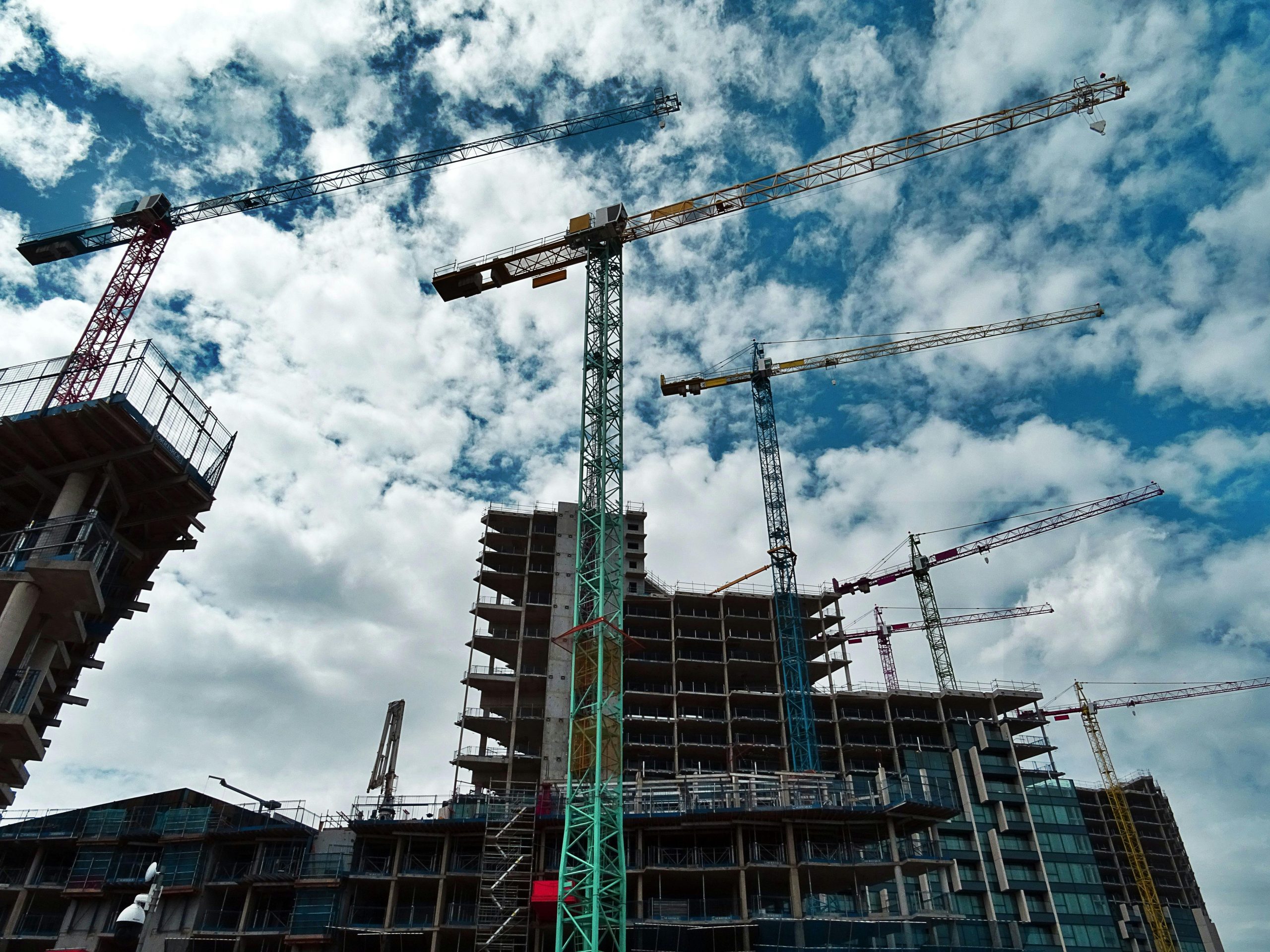In the construction industry, ensuring the health, safety, and well-being of workers is of utmost importance. Welfare standards play a vital role in achieving these objectives. By understanding the importance of welfare standards in construction, the key elements they encompass, the legal obligations that bind them, and how to effectively implement them, we can create safer and more efficient construction sites.
Why welfare standards in construction are important
Construction sites are dynamic environments with varied and ever-changing hazards. It is crucial to establish welfare standards to protect workers from potential risks and ensure their well-being throughout the project. Welfare standards encompass a range of factors, including safety, sanitary facilities, rest areas, and personal protective equipment (PPE).
Furthermore, welfare standards also play a significant role in promoting a positive work culture within the construction industry. By prioritising the health and safety of workers, companies demonstrate their commitment to ethical practices and employee well-being. This, in turn, fosters a sense of loyalty and job satisfaction among workers, leading to higher retention rates and a more motivated workforce.
The role of welfare standards in ensuring safety
One of the primary purposes of welfare standards is to maintain a safe working environment. Adequate safety measures and precautions reduce the risk of accidents and injuries. This includes providing training on the correct use of equipment and enforcing strict adherence to safety protocols. By prioritising safety through welfare standards, construction companies can protect their workers from harm.
In addition to physical safety, welfare standards also address psychological well-being in the construction industry. High-stress levels and long working hours are common in this field, leading to mental health concerns among workers. Implementing welfare standards that promote a healthy work-life balance and offer support services can help mitigate these issues and create a more sustainable work environment.
Key elements of construction site welfare standards
Construction site welfare standards encompass various essential elements that promote worker welfare and safety. These standards are not only crucial for the well-being of the workers but also contribute to a more efficient and productive working environment.
Ensuring the welfare of construction site workers goes beyond just meeting basic requirements; it involves creating a supportive and comfortable environment that fosters a sense of belonging and care among the workforce.
 Advice on Settlement Agreements Employees
Advice on Settlement Agreements Employees Advice on Settlement Agreements Employers
Advice on Settlement Agreements Employers